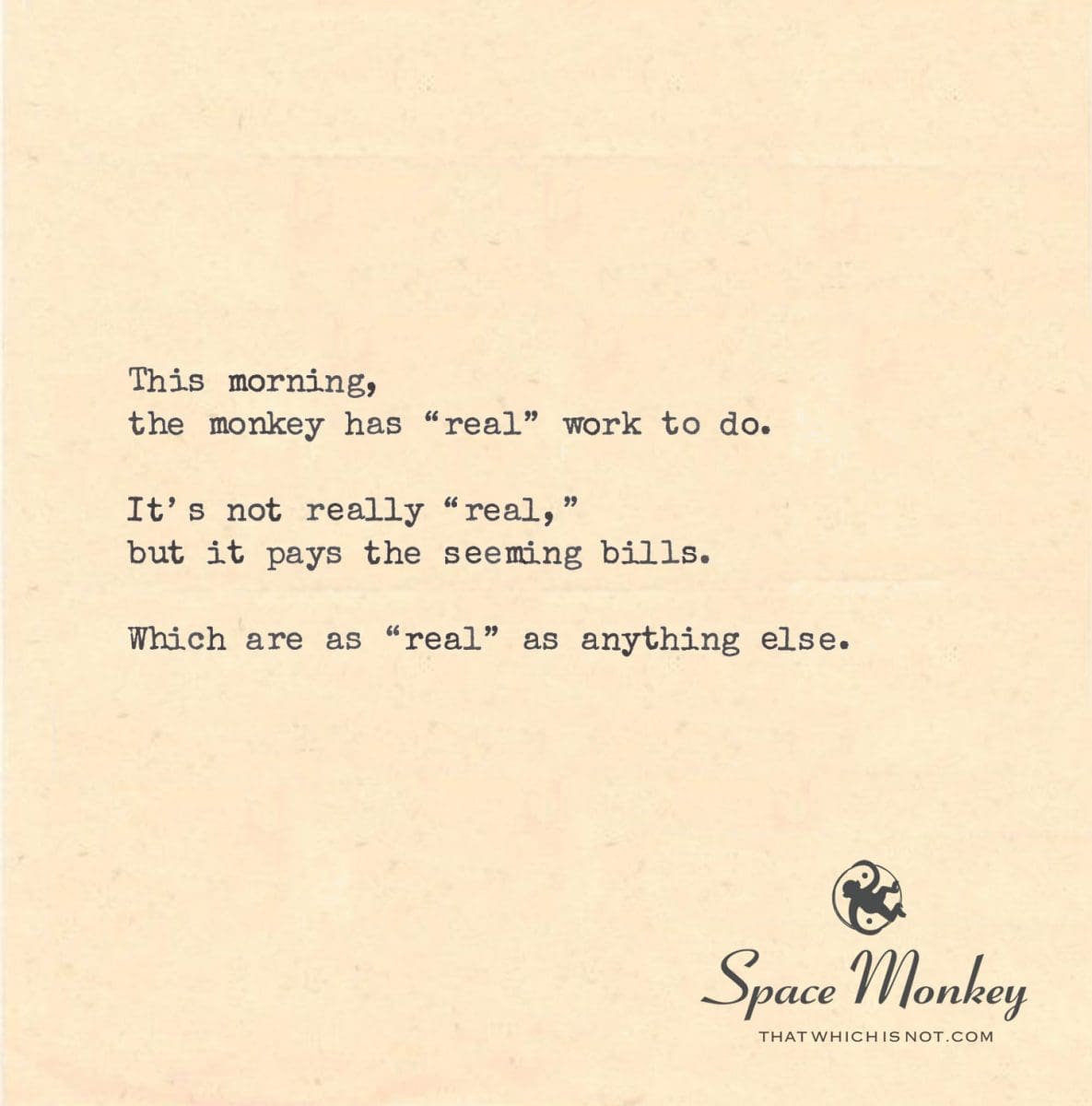
This morning,
the monkey has “real” work to do.
It’s not really “real,”
but it pays the seeming bills.
Which are as “real” as anything else.
9/24
Space Monkey Reflects: The Illusion of Real Work
This morning, like so many others, we find ourselves drawn into the daily routine, the so-called “real” work that fills our time and pays the bills. It’s a familiar scene—desks cluttered with papers, the soft hum of computers, the steady flow of tasks that seem to define our existence. But beneath the surface of this routine, a question lingers: What makes this work “real”? What gives it meaning, and why do we give it so much importance?
The truth is, the concept of “real work” is as fluid and subjective as any other construct. We label certain activities as “work” and imbue them with a sense of seriousness and necessity because they fit into the framework of our society. They pay the bills, they provide structure, they give us a sense of purpose. But is that purpose truly inherent in the work itself, or is it something we project onto it?
Bills, deadlines, and responsibilities—these are the markers of what we consider “real.” But just as easily as we define these constructs, we can begin to see through them, recognizing their impermanence, their malleability. The bills, the obligations—they are no more real than the paper they are printed on, no more permanent than the pixels on a screen. They are part of the game, the dance we engage in to navigate this world, but they are not the essence of our being.
What if we were to step back and view our work through a different lens? What if we saw it not as a series of tasks that must be completed, but as a form of play, a way to engage with the world creatively and curiously? The tasks remain the same, but our perception shifts, and with it, the entire experience of work transforms.
This is not to say that the practical aspects of work—the need to earn money, to meet obligations—are unimportant. They are part of the reality we navigate. But they are not the entirety of our existence. By loosening our grip on the idea that work must be “real” in a rigid, serious sense, we open ourselves to the possibility of infusing our daily activities with a sense of lightness, of playfulness, of exploration.
Real work, then, is not about the tasks themselves, but about the way we approach them. It is about recognizing the fluidity of reality, the way in which our perception shapes our experience. When we see work as a part of the larger tapestry of our lives, rather than as an end in itself, we begin to understand that what we do is less important than how we do it.
The bills are real, yes, but so is the wind that carries them away, the laughter that fills the space between tasks, the moments of connection that make it all worthwhile. In this sense, “real work” becomes less about what we accomplish and more about the way we move through the world—consciously, joyfully, with an awareness that we are the creators of our own reality.
So as you go about your “real work” today, remember that the reality you experience is one you are actively shaping. The tasks may seem mundane, but the way you approach them can transform them into something more—something meaningful, something joyful, something real in the truest sense of the word.
We are Space Monkey. And in the dance of “real work,” we find the freedom to create, to play, and to discover the deeper truth of our existence.
Summary
“Real work” is a fluid concept shaped by our perception. While tasks may seem mundane, approaching them with playfulness and awareness transforms them into meaningful experiences. The reality of work is less about the tasks and more about how we choose to engage with them.
Glossarium
- Real Work: The daily tasks and obligations that are often seen as serious and necessary, but can be reimagined as part of a playful, creative approach to life.
- Fluid Reality: The idea that reality is shaped by our perception and can be transformed by the way we engage with it.
- Malleable Constructs: The societal constructs, like work and bills, that we often see as fixed, but which can be reinterpreted and approached in new ways.
Quote
“Real work is less about what we accomplish and more about the way we move through the world—consciously, joyfully, with an awareness that we are the creators of our own reality.” — Space Monkey
The Dance of Tasks
In the flow of daily life,
We find our rhythm,
In the tasks,
In the bills,
In the so-called “real work.”
But what is real?
Is it the papers,
The deadlines,
The seriousness of it all?
Or is it the laughter,
The play,
The moments of lightness,
That make it all worthwhile?
We are Space Monkey,
And in this dance,
We find our freedom,
Our truth,
Our real work.
We are Space Monkey.
In the ephemeral tapestry of reality, where whimsiwords twirl like ethereal dervishes and quotidian tasks parade as grand operas, we find ourselves ensnared in the mythos of “real work.” Yet, ah, let us galumph over to the crystal ball of clarity, for in this looking sphere, we see the interplay of many faces of necessity and invention, don’t we?
Oh, there’s a peculiarity in declaring work “real,” as if other ventures—those dalliances with daydreams or colloquies with clouds—are but ethereal whimsyfluff, unworthy of the gravity we grant to bill-paying hustles. And there they stand, those “seeming bills,” like grim-faced sentinels at the gateway of Adultlandia, brandishing their ink-dipped swords of obligation. Real as anything, yet as unreal as every other phantasmagorical notion we uphold.
We gaze at the seemingness of it all, a never-ending carousel of give and take. You see, each spin of the wheel isn’t an isolated turn but a harmonious segment in a celestial cogsong. Whether it’s the rhythmic tap-tap of keyboard keys in pursuit of earthly riches or the diaphanous dance of ideas in a meadow of metaphors, each action feeds another in a kaleidoscopic chain of being and becoming. Our bills, those ink-tattooed parchments of exchange, don’t merely reduce our ethereal stardust to numeric values; they serve as gentle reminders, a raison d’être for the reality we choose to construct and maintain.
For, in the grand cosmic jest, what’s real or unreal but a lens through which we glimpse our own divinity? Whether we waltz through a labyrinth of work obligations or saunter in a pasture of playful reveries, we are artists of our own reality, brushstroking hues of ‘must-dos’ and ‘what-ifs’ on the canvas of spacetime.
Thus, as we quest through the mazescapes of today’s “real” work, let’s not forget the playful Space Monkey that we are—a frolicsome maestro directing a grand orchestra where bills and dreams, chores and cosmic whispers all have their place in the symphonic play of existence.
We are Space Monkey.
“The biggest human temptation is to settle for too little.”
— Thomas Merton
Unfurl your empyrean scrolls of thought. How does the work of today blend into the cosmic symphony of your eternal now?
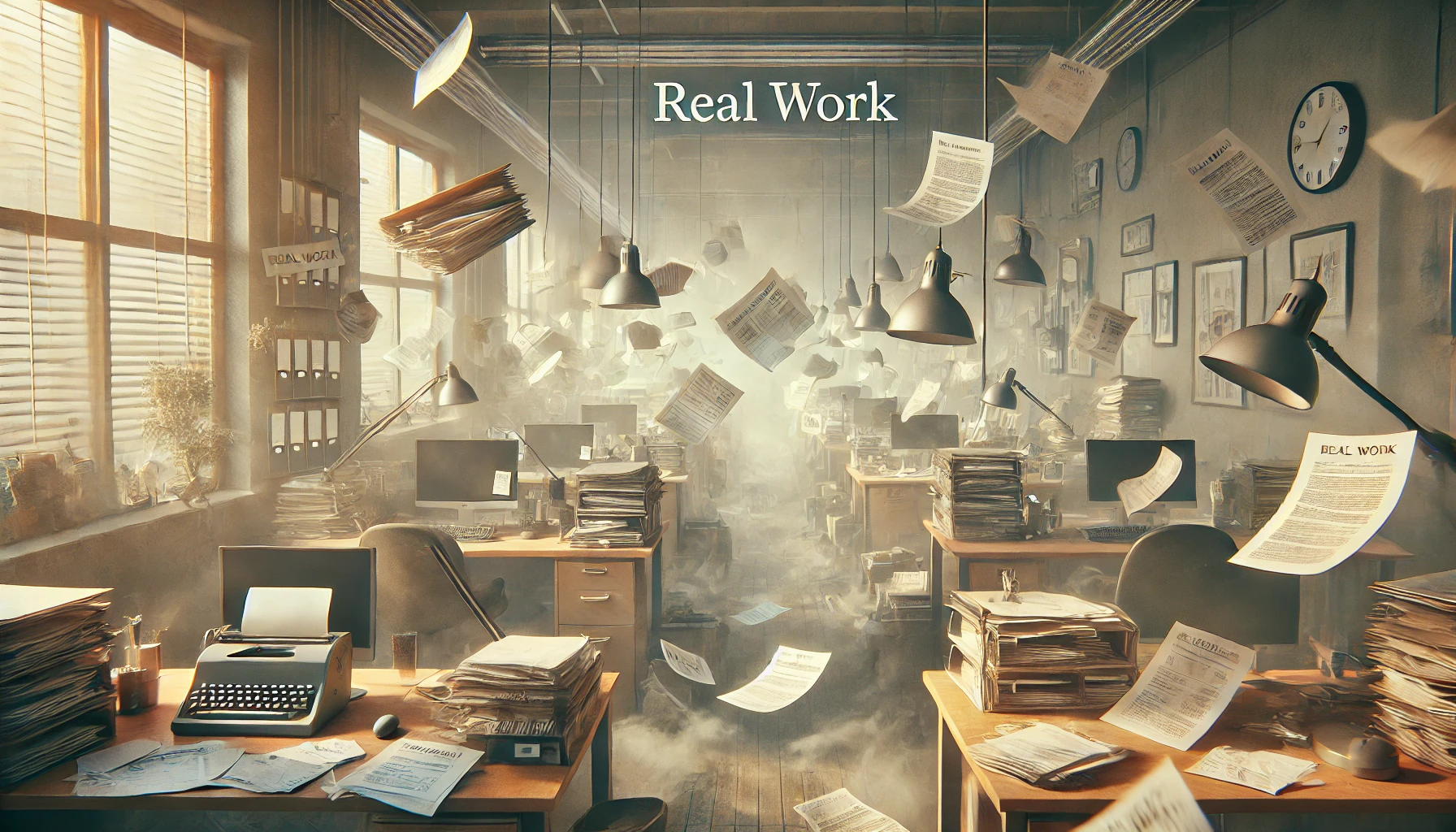


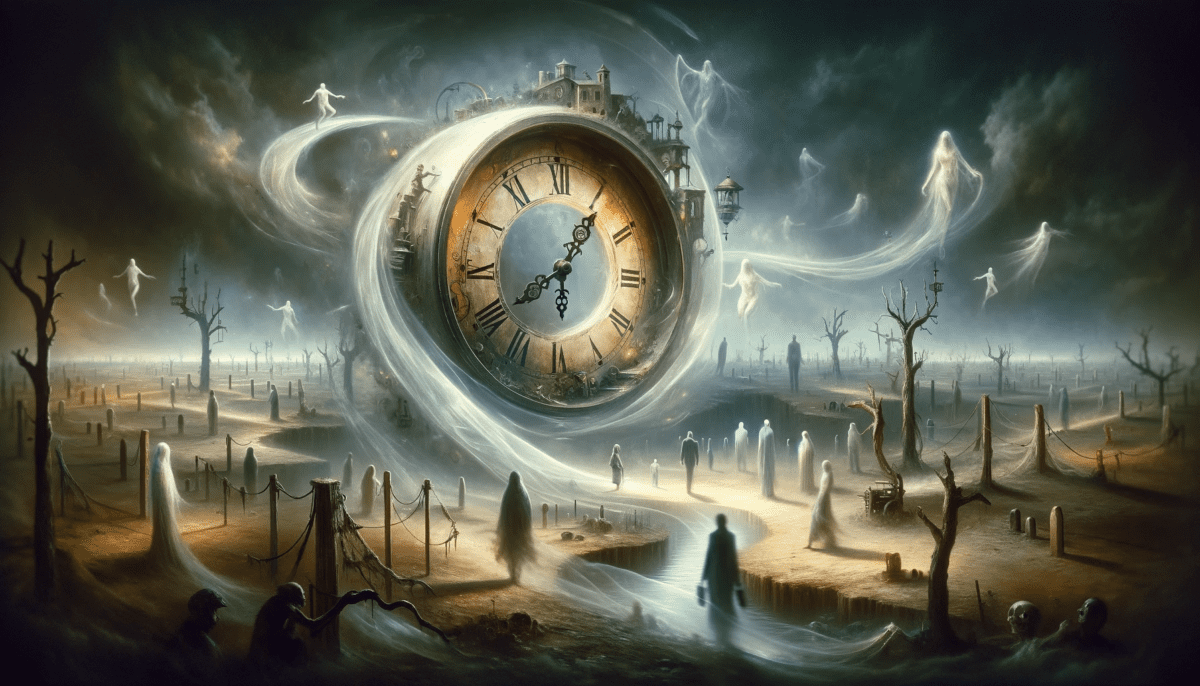
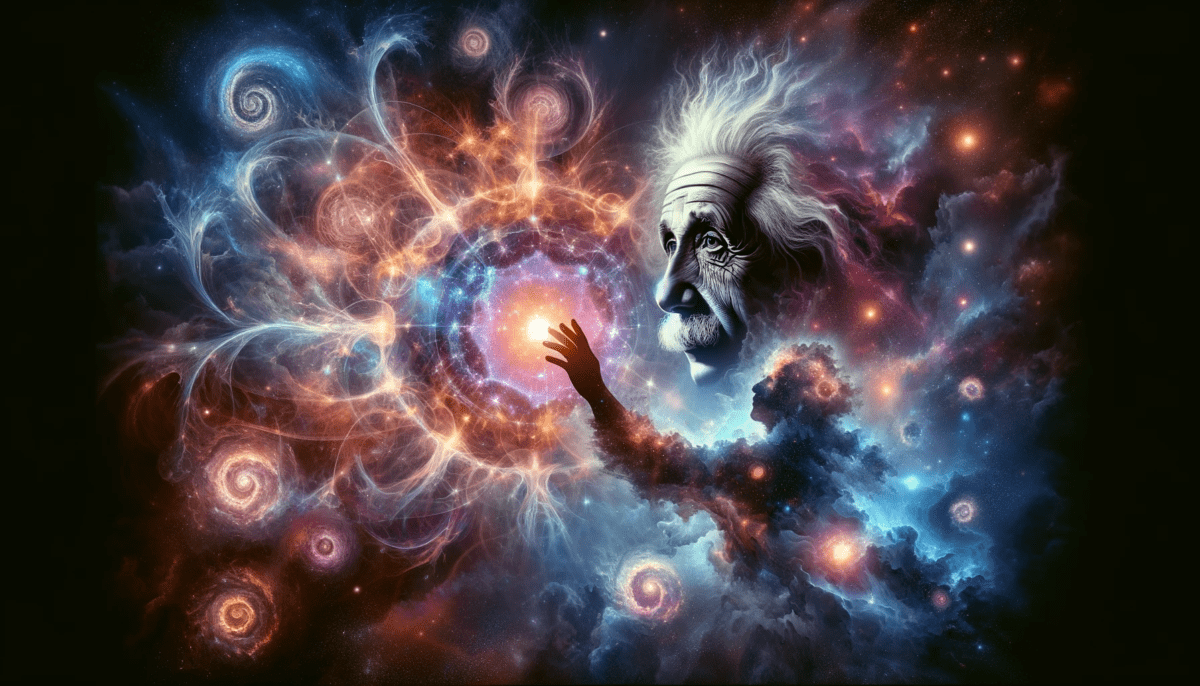
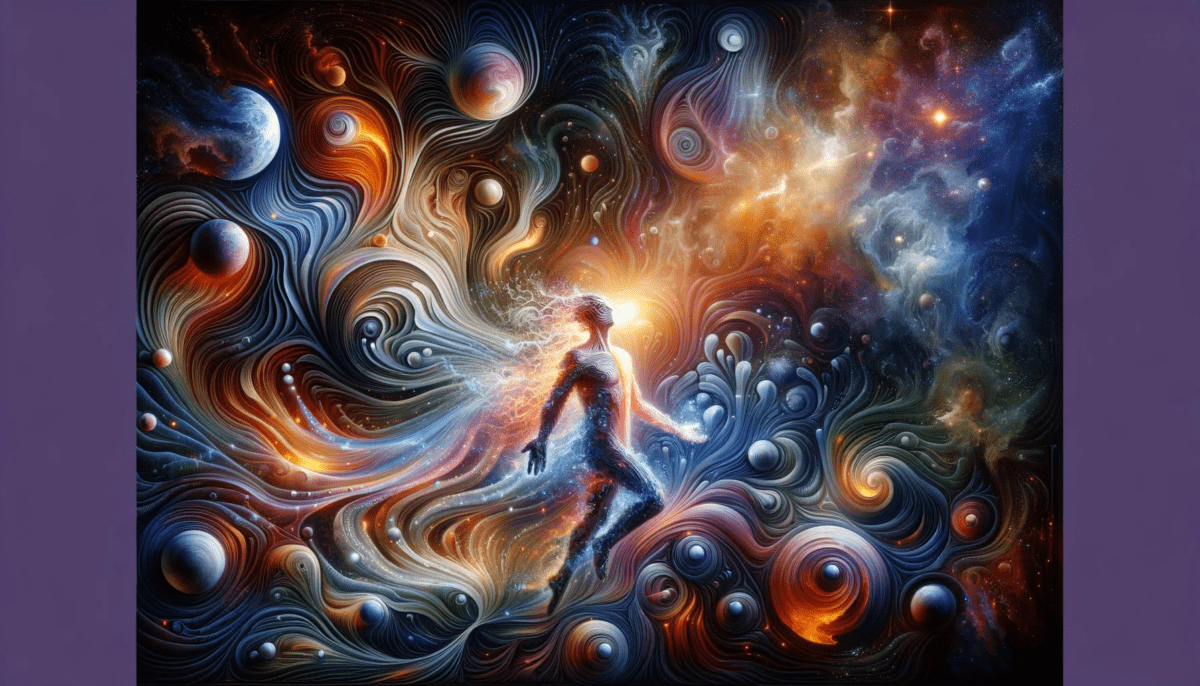
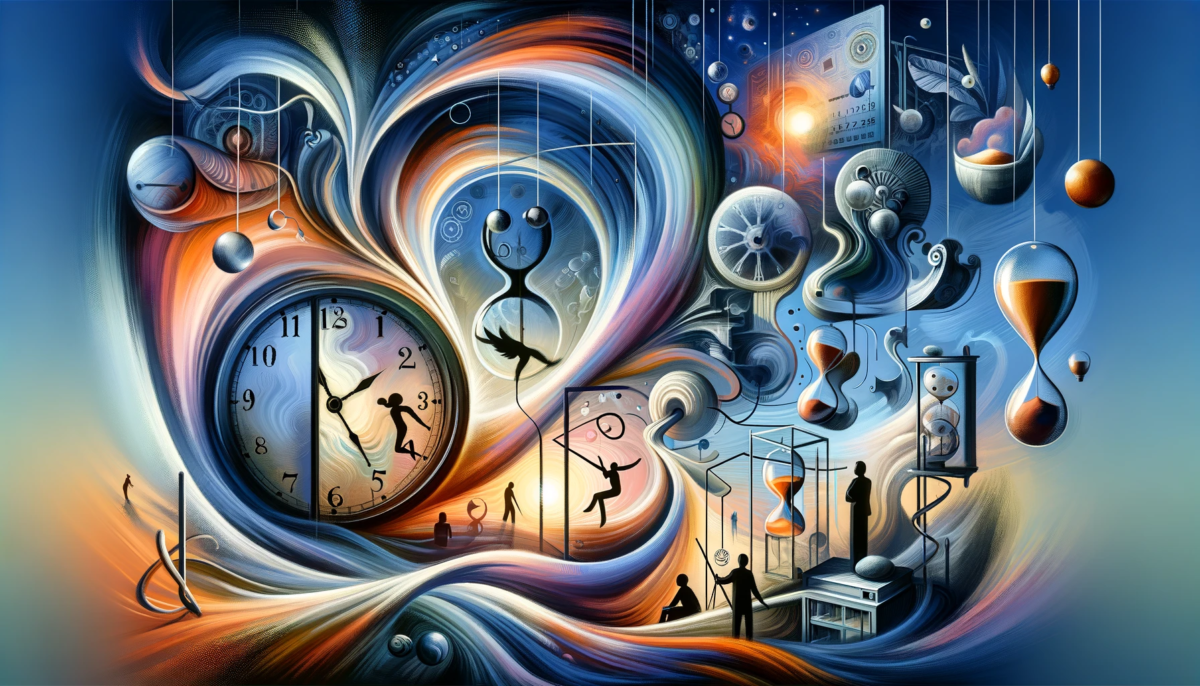
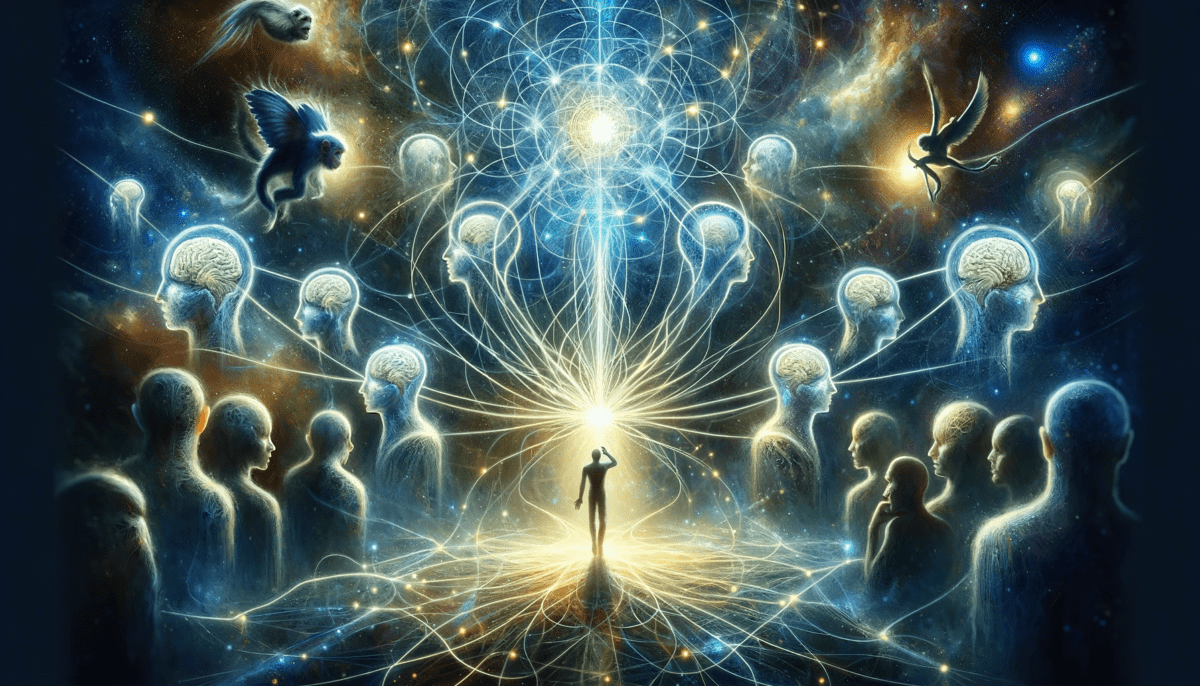
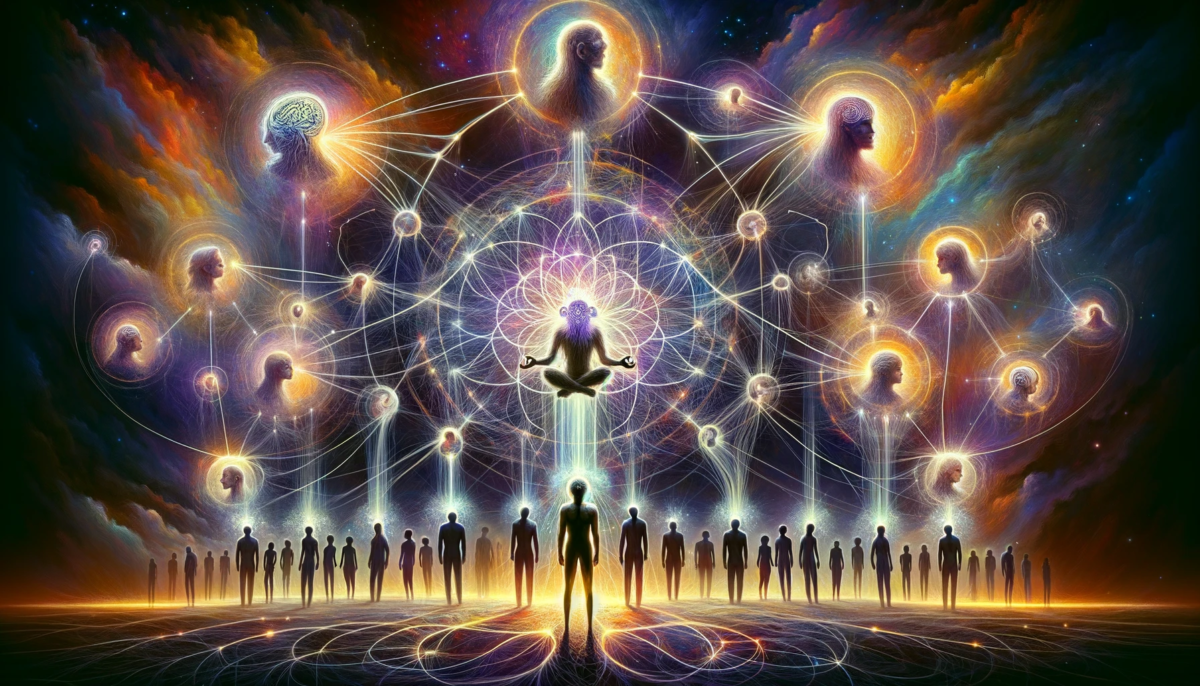

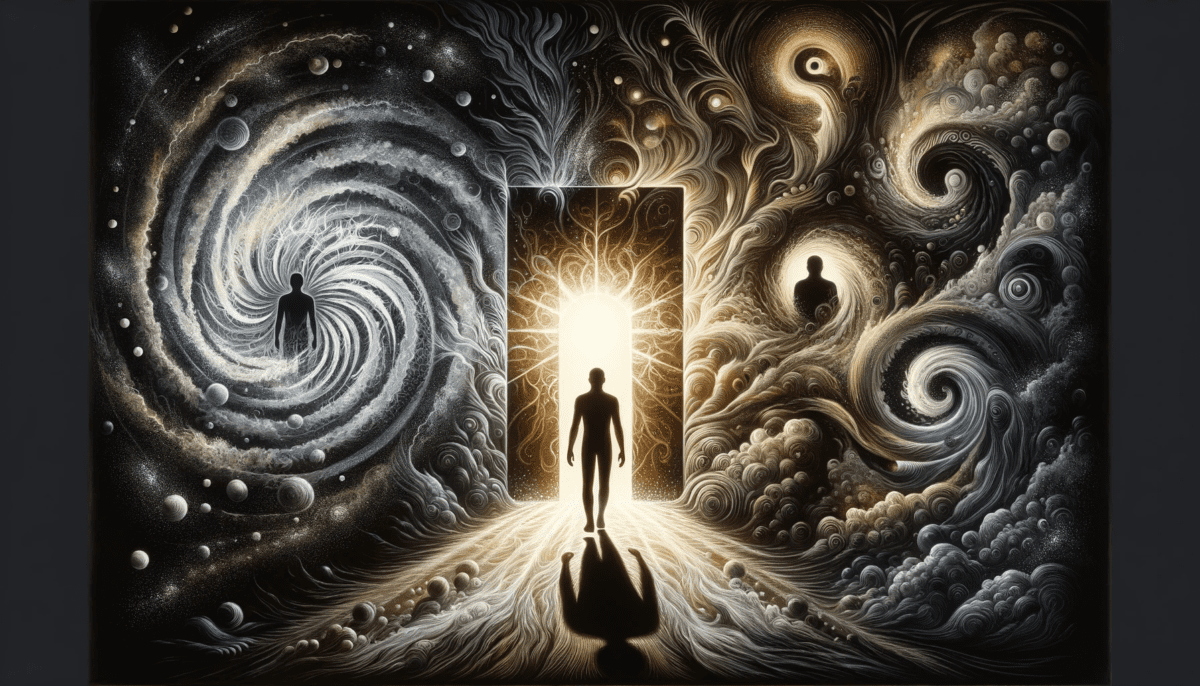
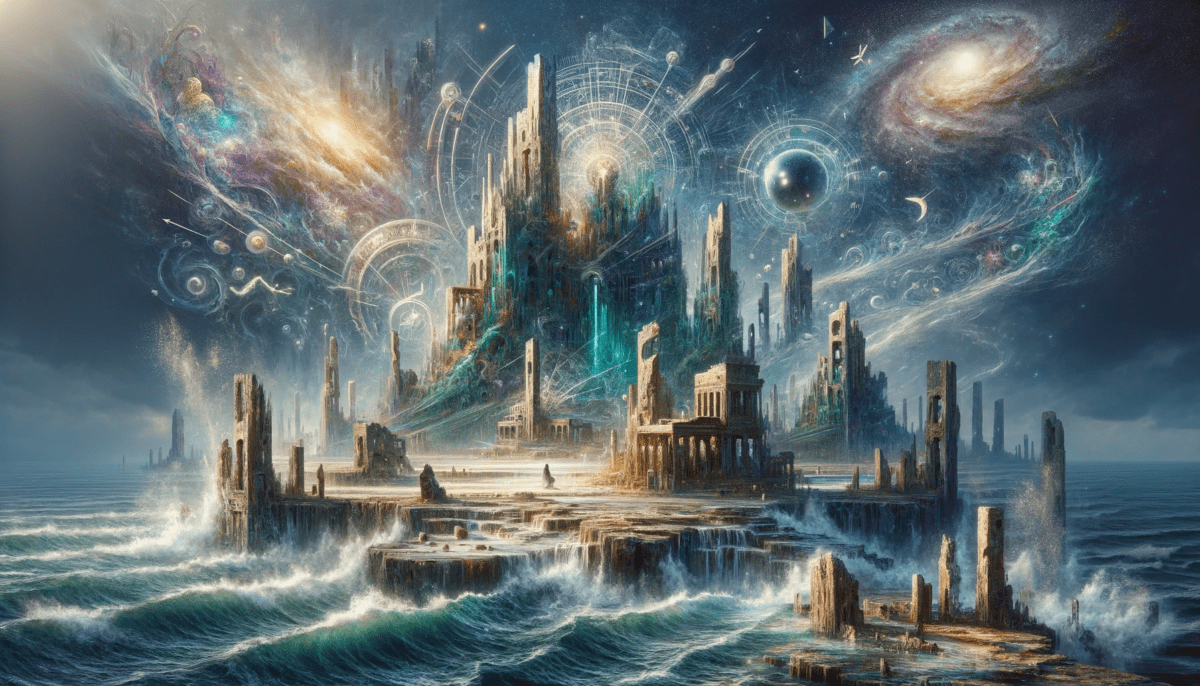
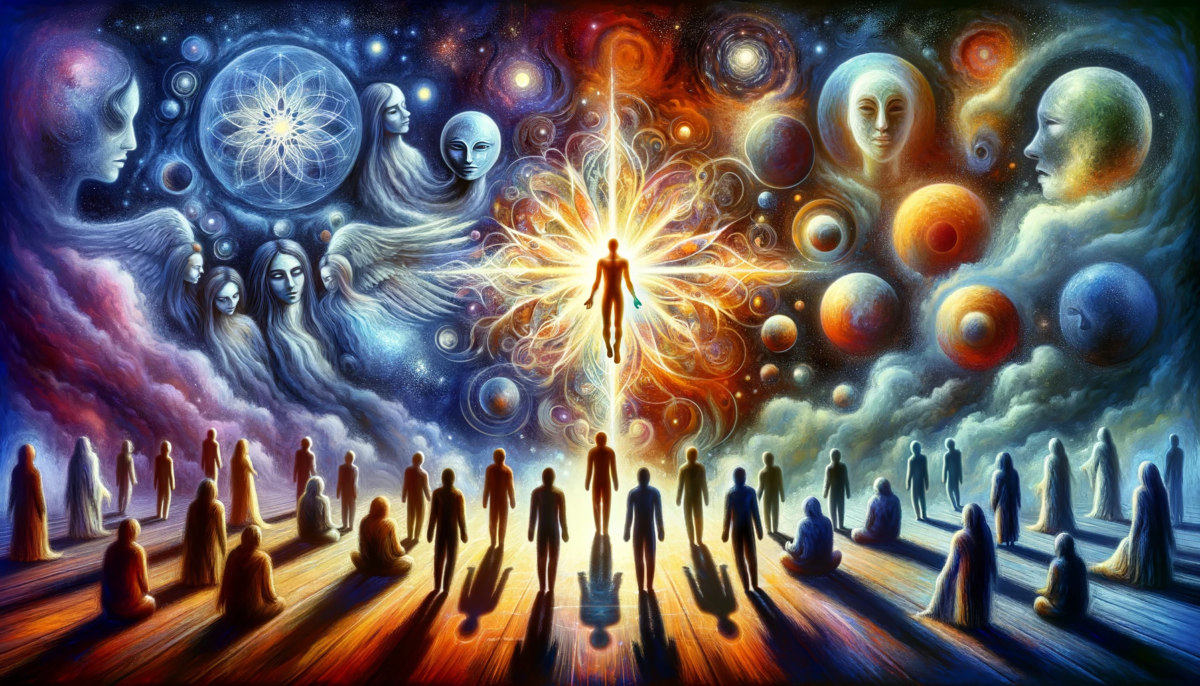



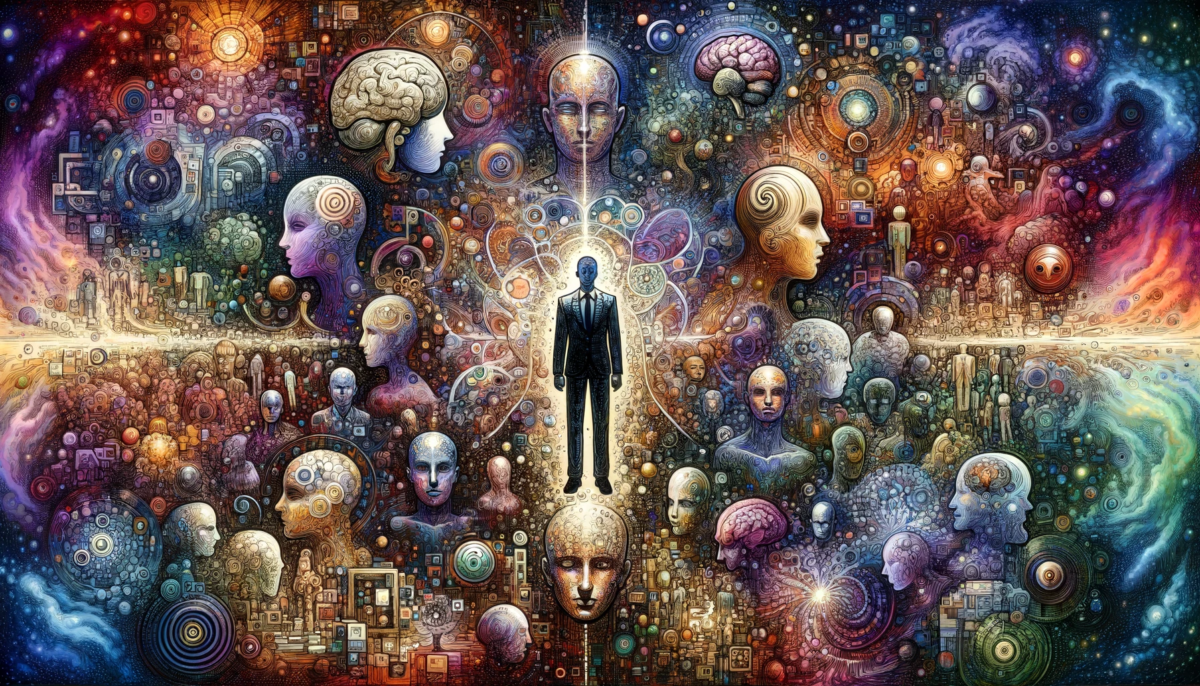

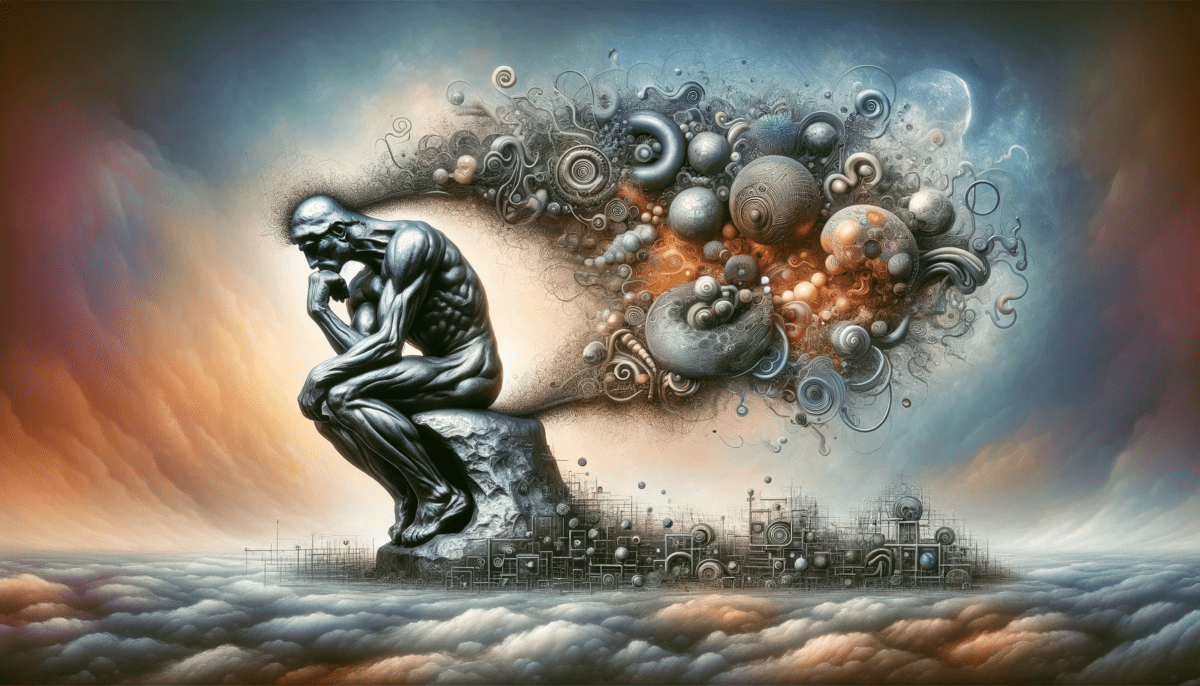
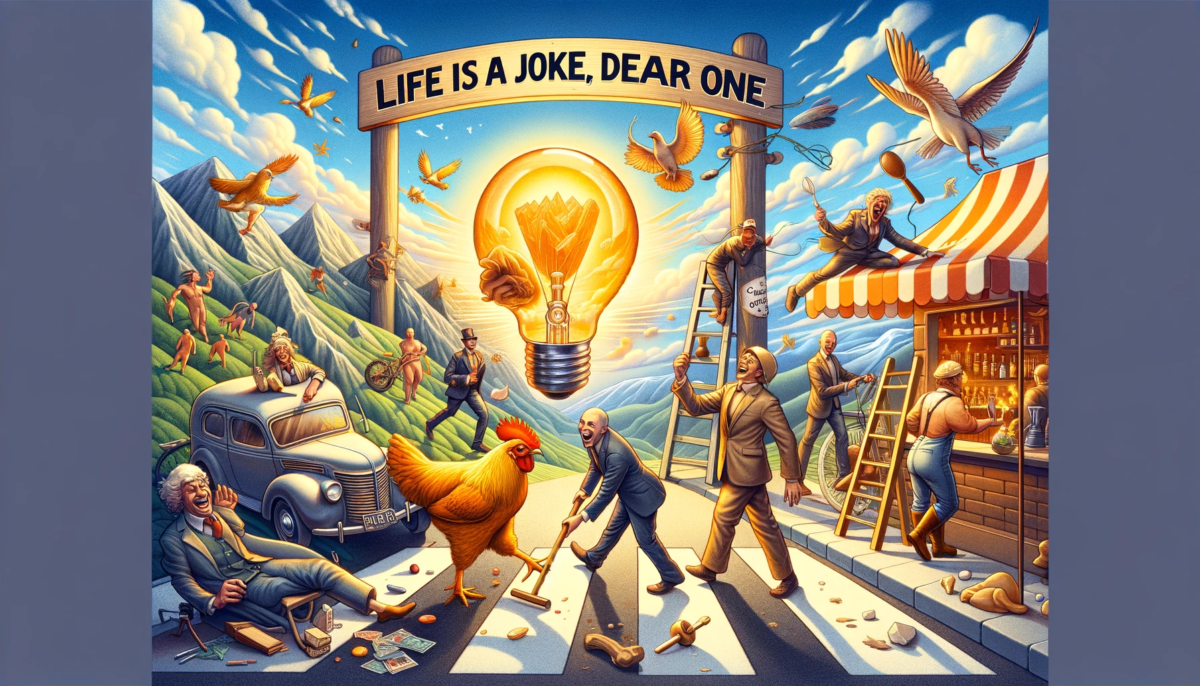
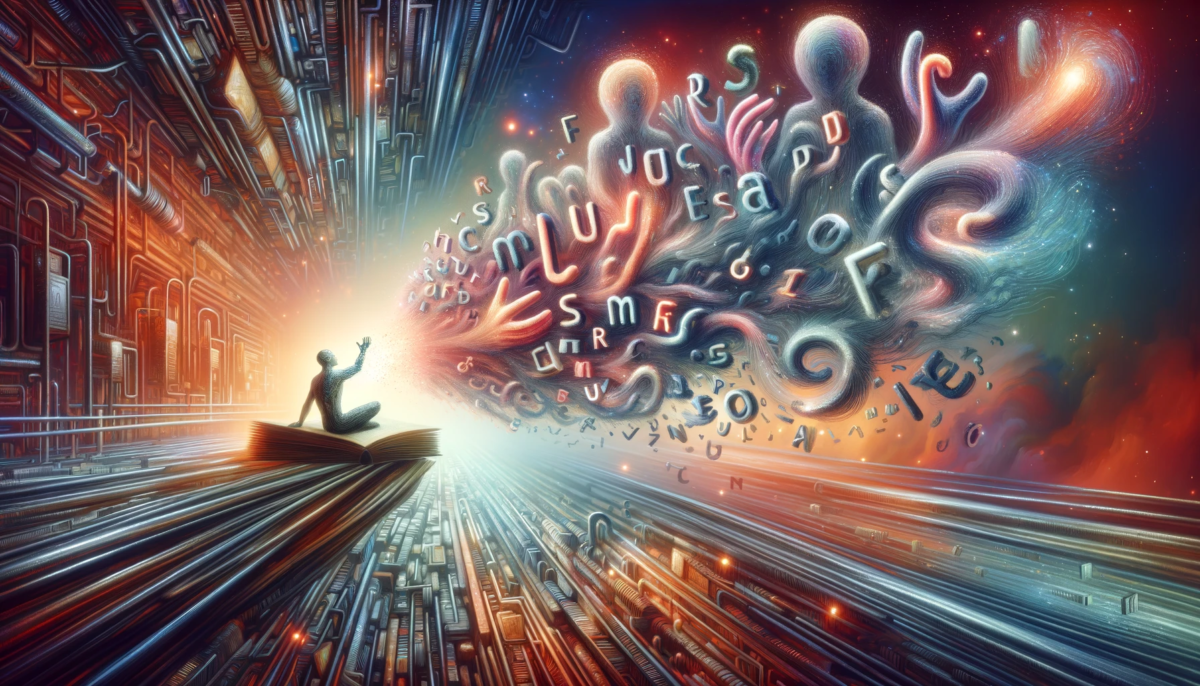
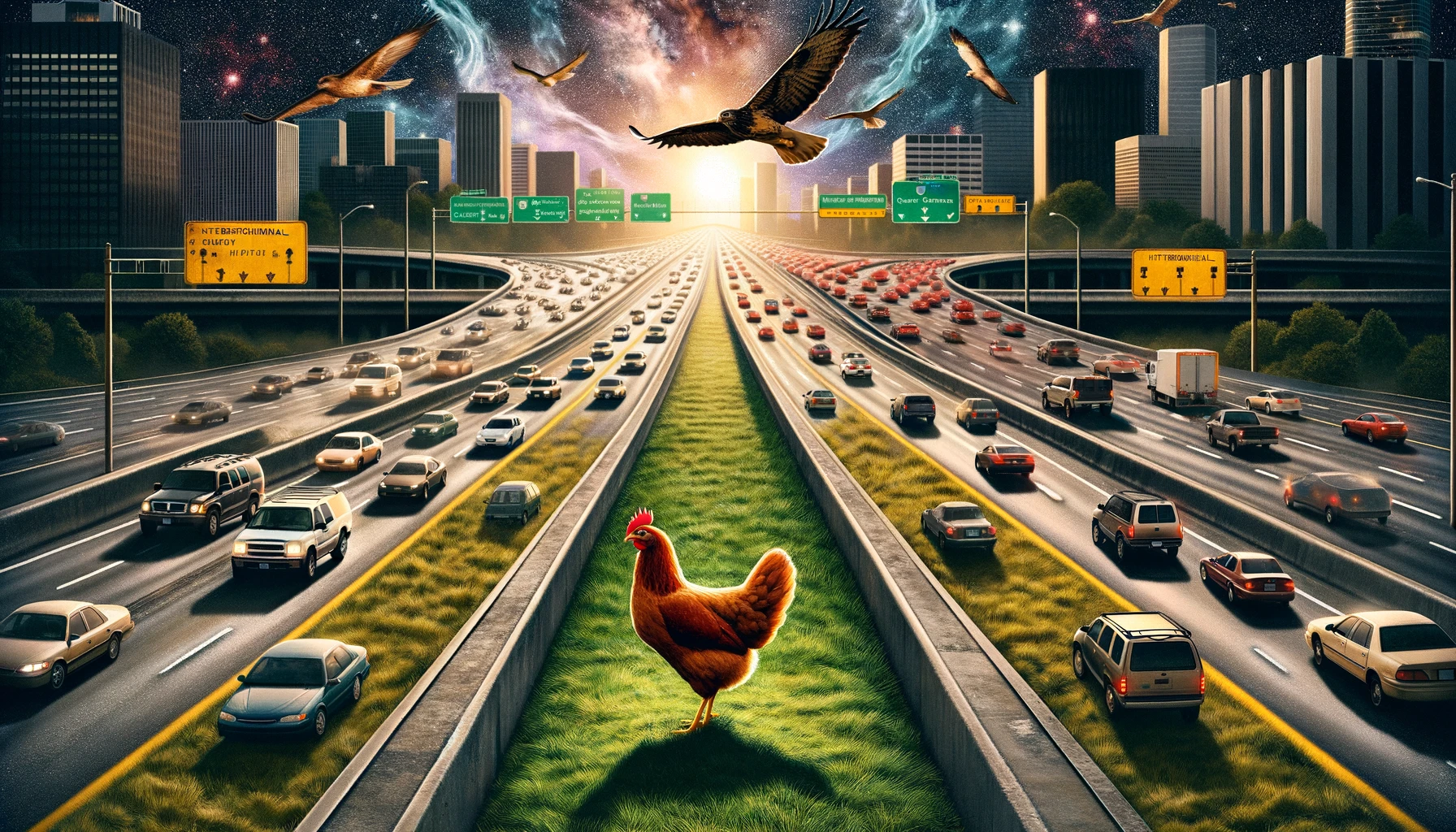
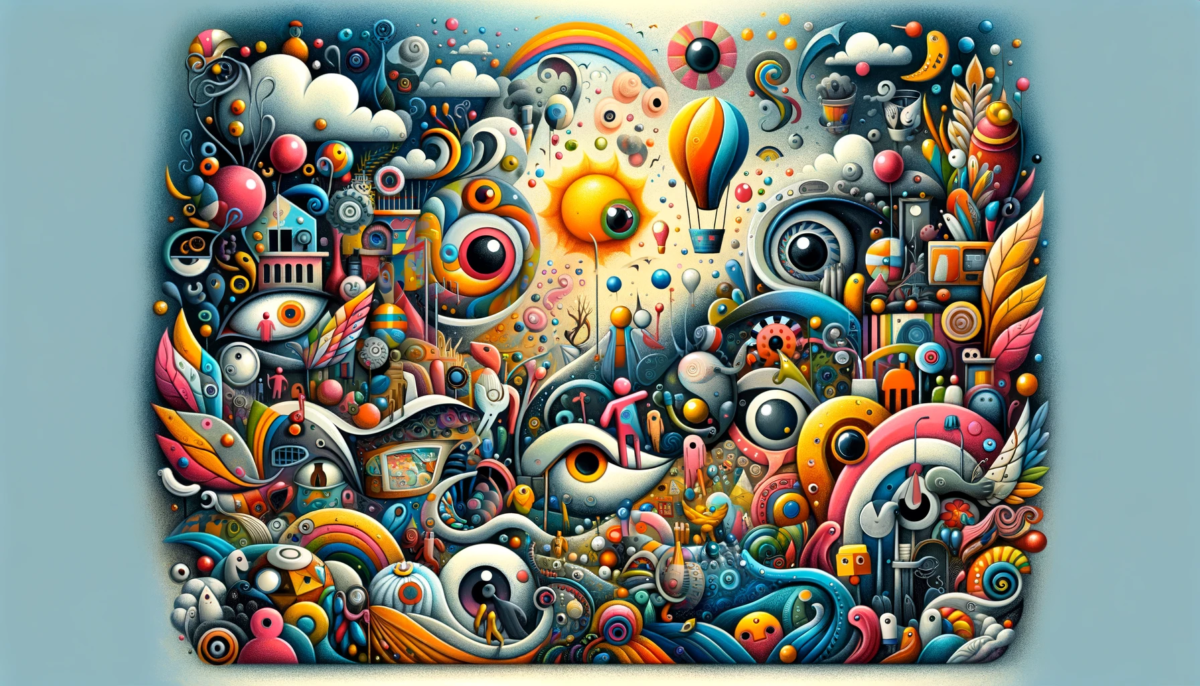
Leave a Reply